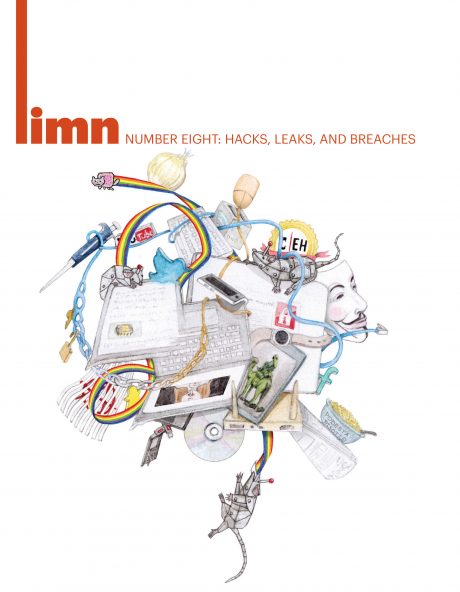Hardly a day passes without news of a major hack, leak, or breach; with the scale of computer use and reliance on digital forms of data, no sector of society is immune to these data dumps, infiltrations, and floods. From the surveillance of dissidents to the hacking of elections to the weaponization of memes, hacking is changing in character, and it is changing the world. In this issue we ask whether hacking and hacks have crossed a techno-political threshold: how are hacks, leaks and breaches transforming our world, creating new collectives, and changing our understanding of security and politics. How has the relationship of hacking and hackers to their own collectives, to governments, and to the tools and techniques been transformed recently? What does it mean to be a hacker these days, and how does it differ from engineering, from “cyber-security,” from information warfare or from hacktivism?
In this issue:
-
Preface: Hacks, Leaks, and Breaches
-
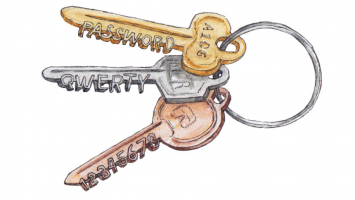
Hacktoids (or, The Limn Index)
-

Car Wars
-

The Spy Who Pwned Me
-

Who’s hacking whom?
-

Hacker Madness
-
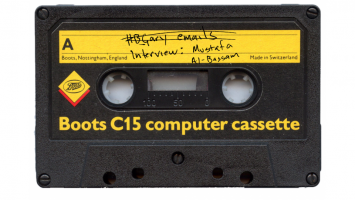
Interview: Mustafa Al-Bassam
-

What Is to Be Hacked?
-
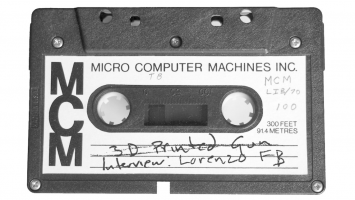
Interview: Lorenzo Franceschi-Bicchierai
-

Interview: Kim Zetter
-

The Public Interest Hack
-

Utopian Hacks
-

Power Down
-
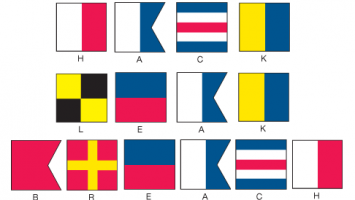
The Logic of Leaks, reconsidered
-
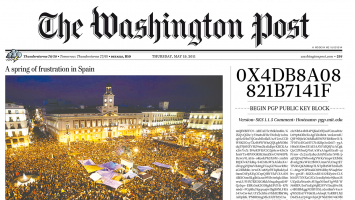
Hacking/Journalism
-

The Illicit Aura of Information
-

On Reusable Pasts and Worn-out Futures
-

Refuse and Resist!
-

The Political Meaning of Hacktivism
-
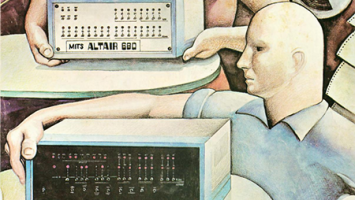
I am Not a Hacker
-

When GhostSec Goes Hunting
-
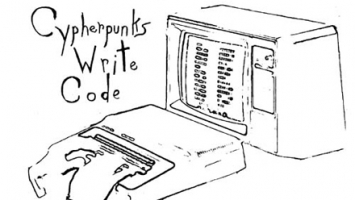
Survival of the Cryptic
-
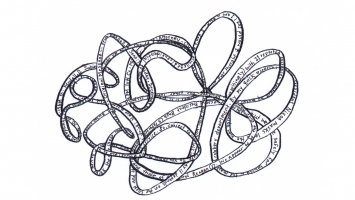
Half-Lives of Hackers and the Shelf Life of Hacks
-
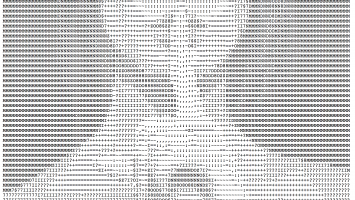
The Extortion Stack
-

The Paradoxical Authority of the Certified Ethical Hacker
-

Can You Secure an Iron Cage?
